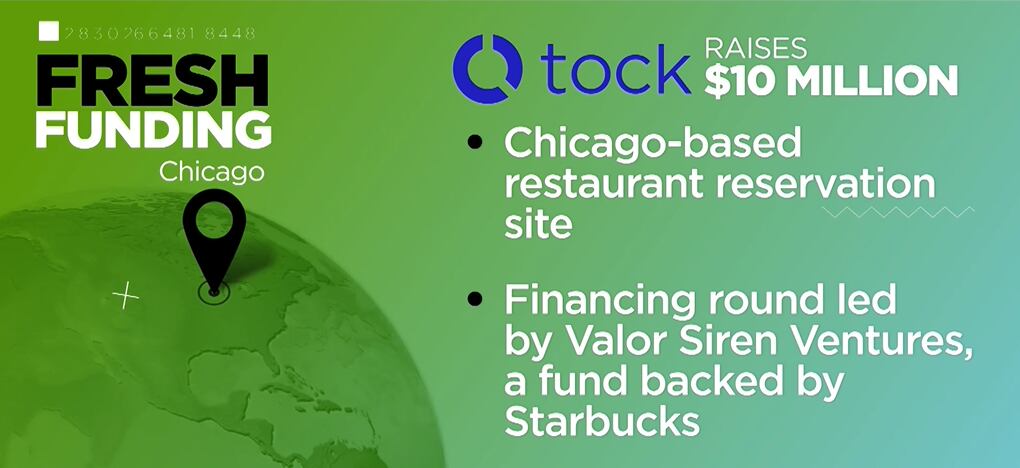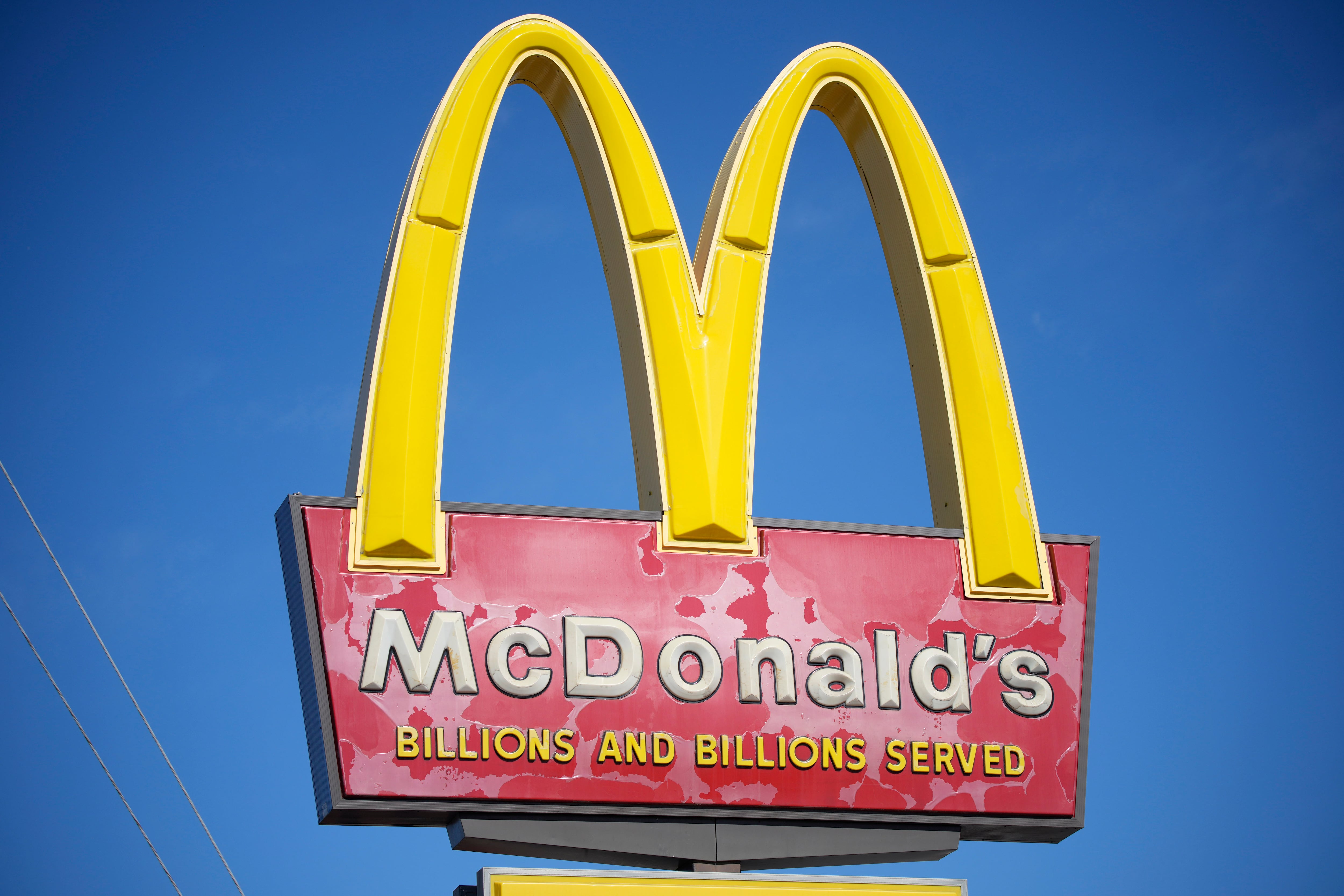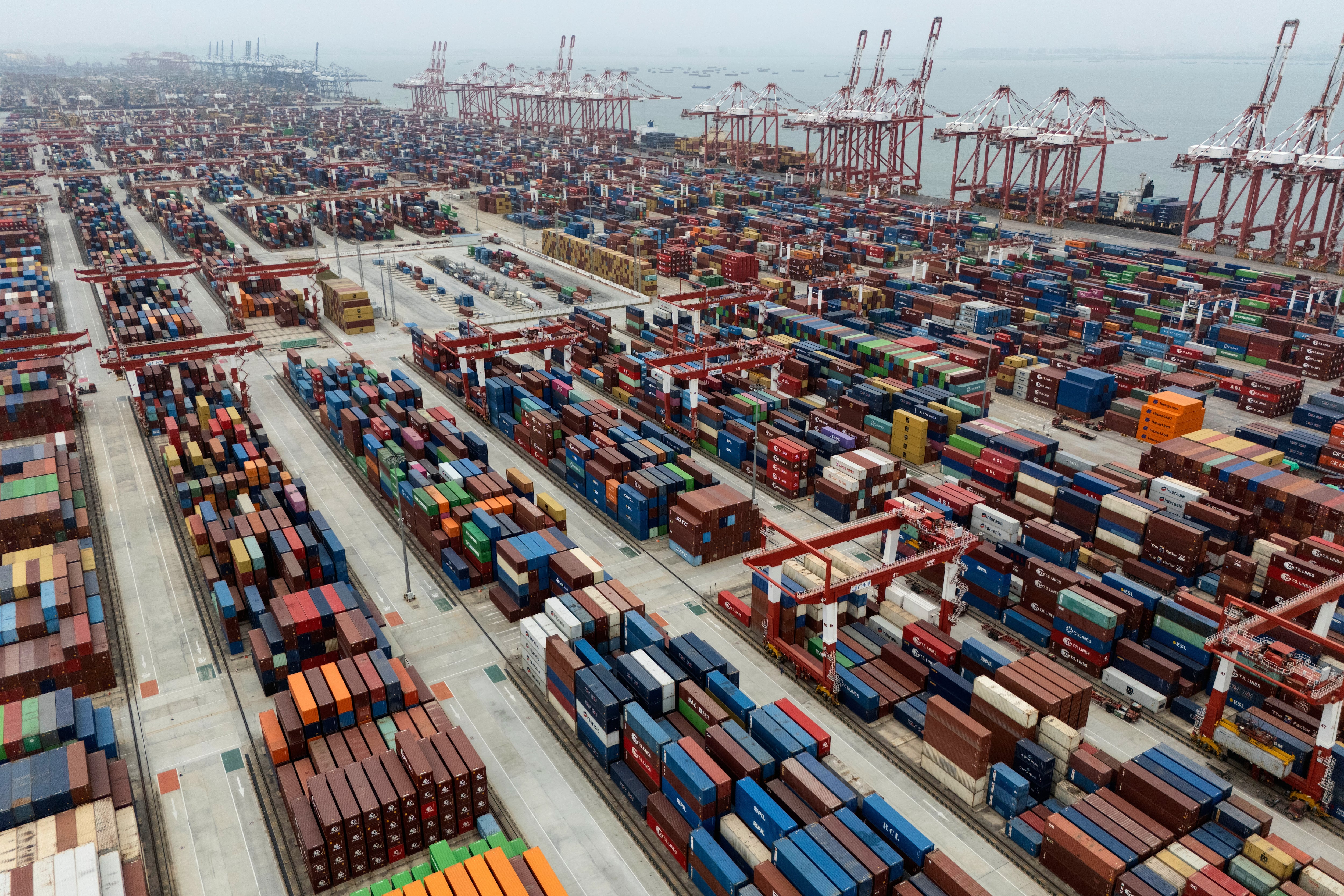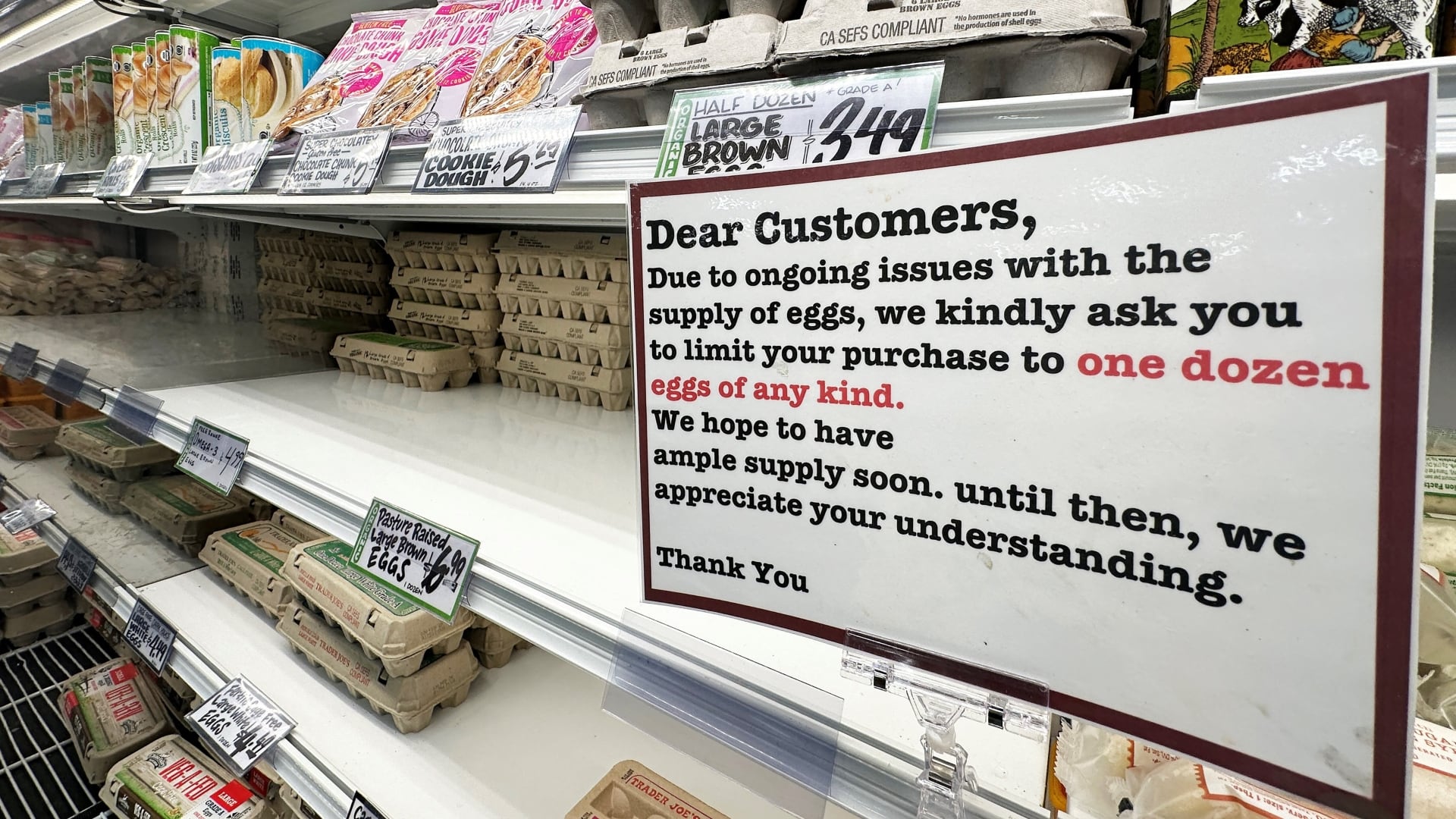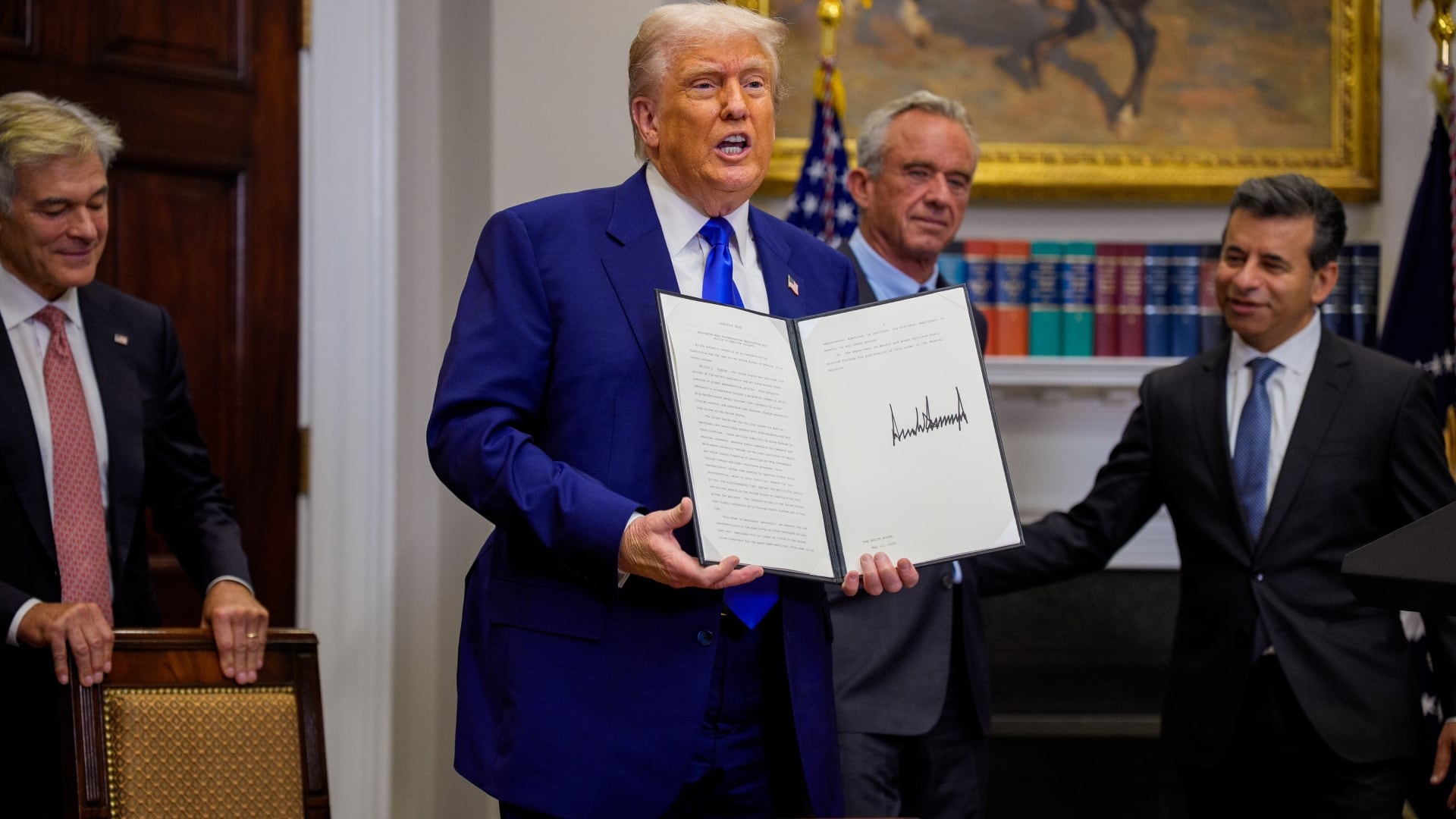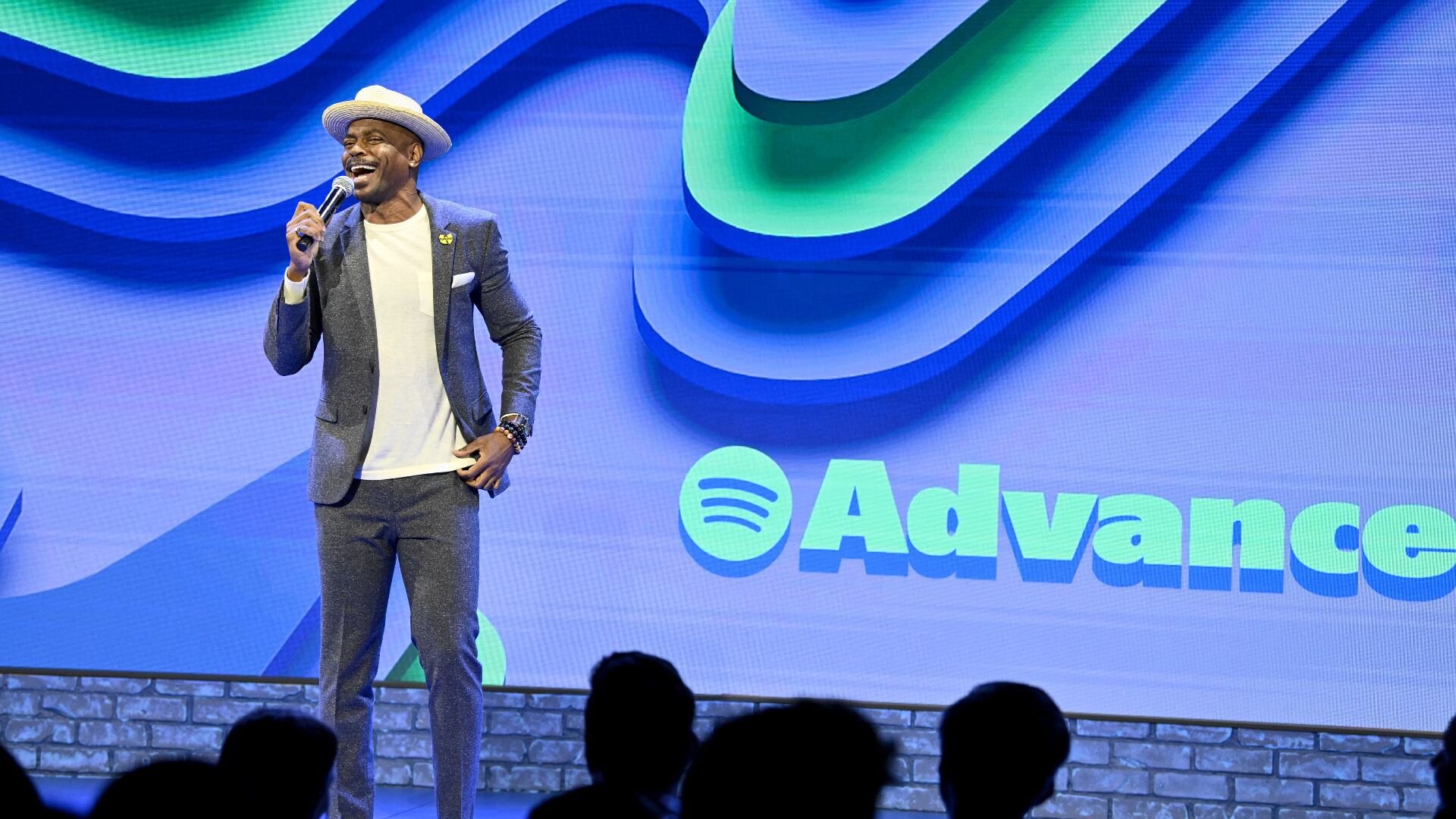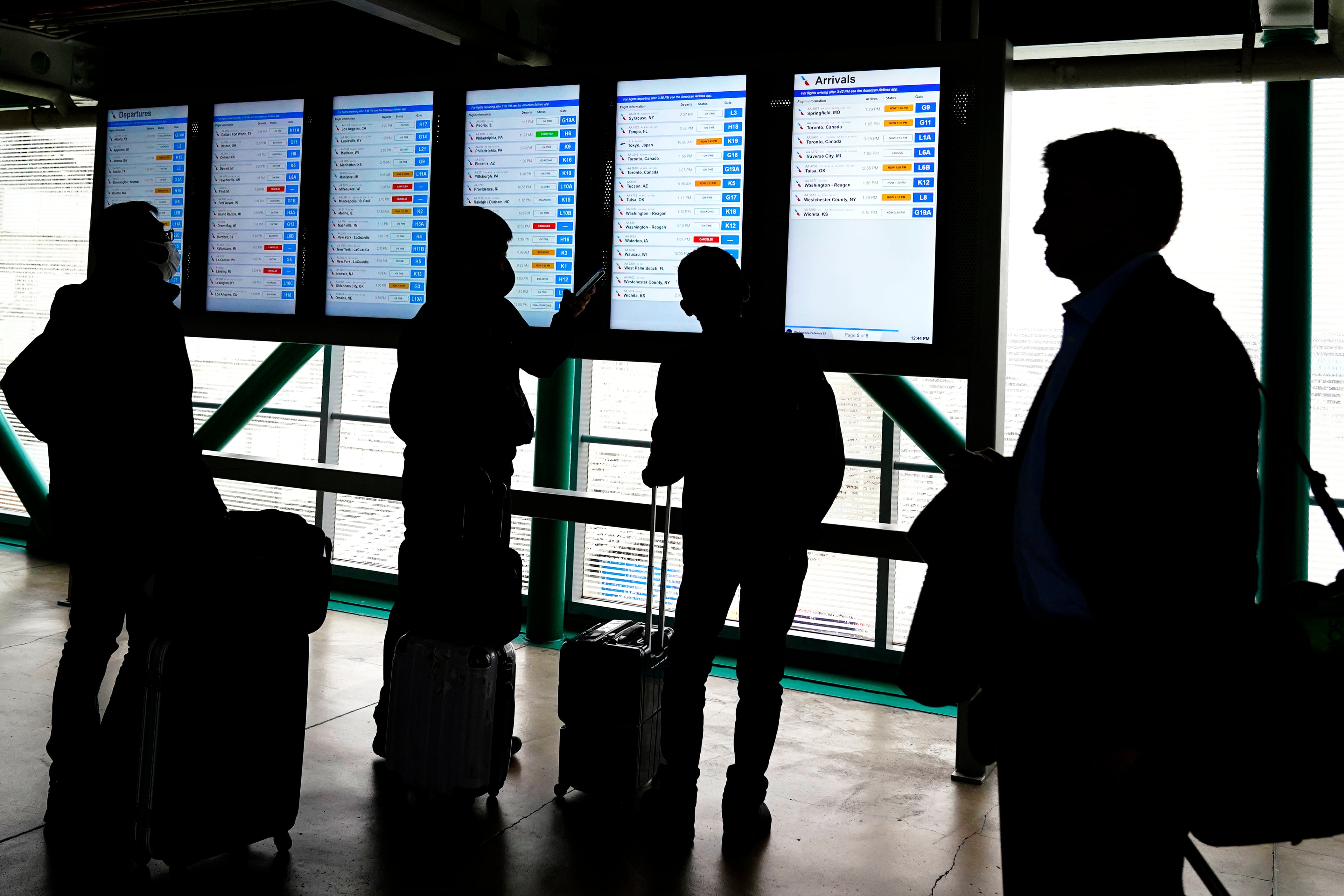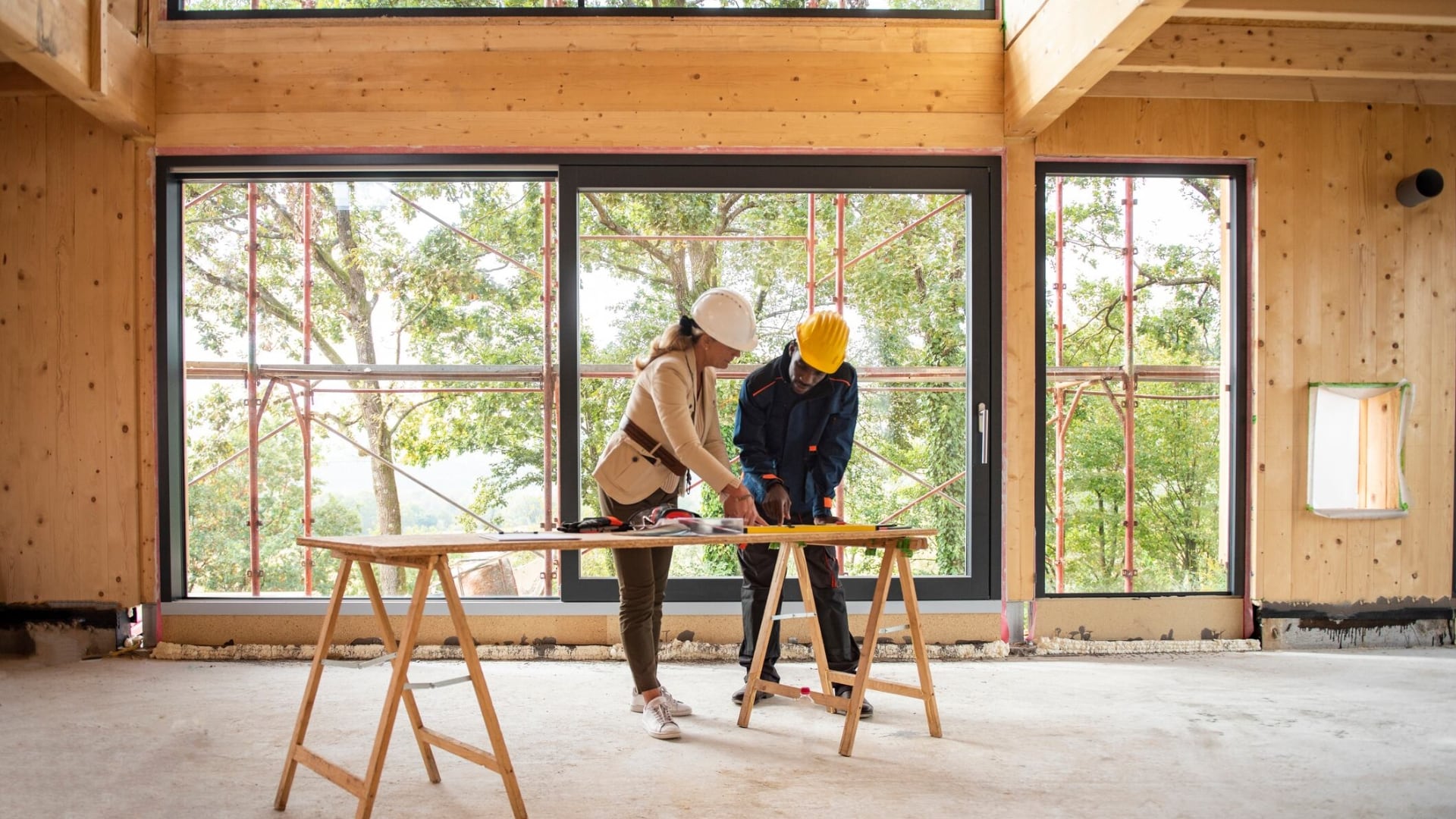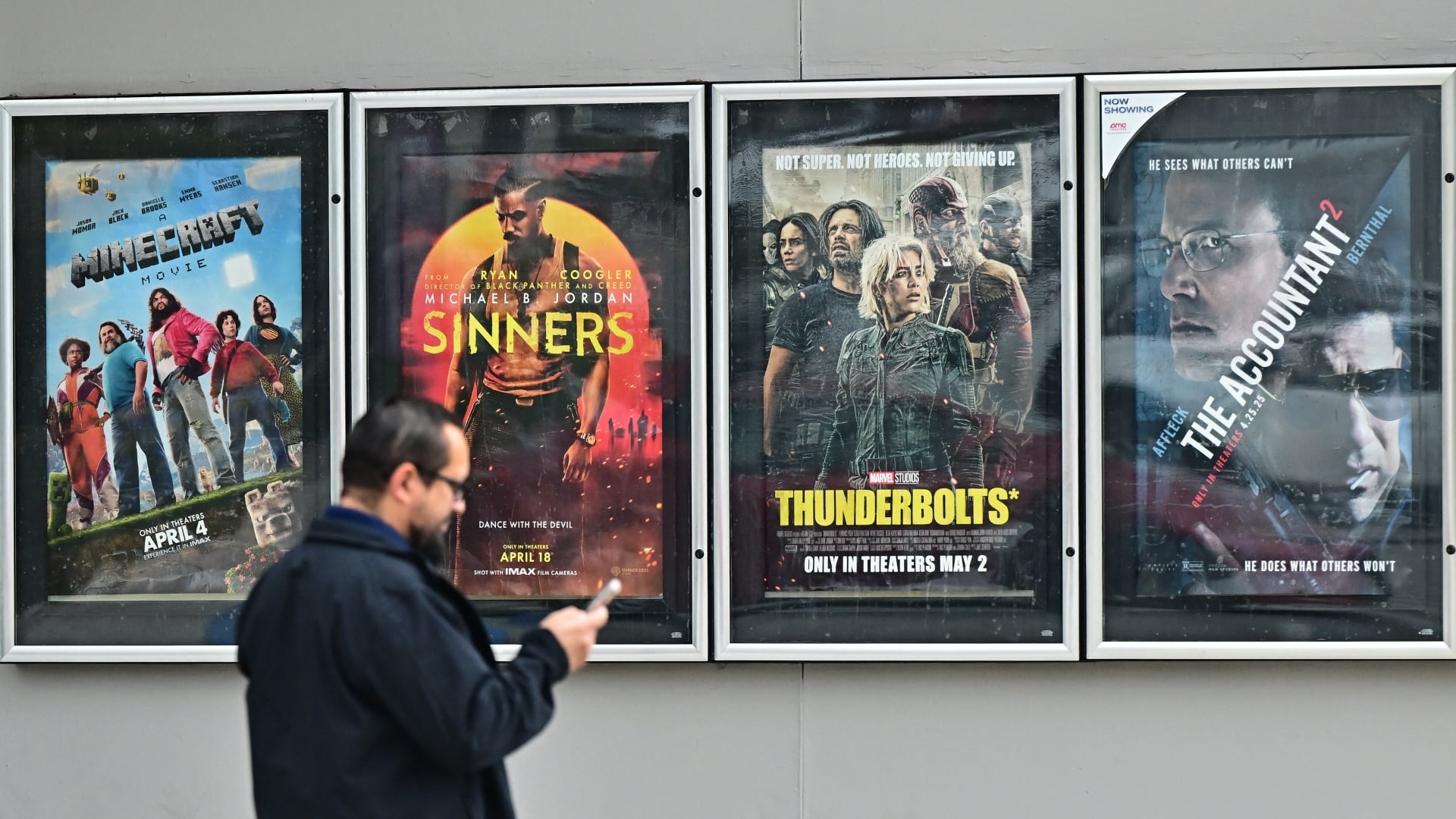Chicago-based restaurant platform Tock has raised $10 million to help high-end restaurants offer services like “elevated carryout.”
The funding round was led by Valor Siren Ventures, which is backed by Starbucks.
Tock has been around for more than five years facilitating bookings, but quickly added carry-out and delivery services when the coronavirus pandemic hit the U.S.
Nick Kokonas, co-founder and CEO of Tock and owner of Chicago’s most expensive restaurant Alinea, told Cheddar in an interview Friday that he’s bringing the same approach that Alinea has taken to fine dining establishments around the globe.
“We’re adding 50 to 60 restaurants every single day around the world to enable them to do a cost-effective carryout and delivery program,” Kokonas said.
While competitors like Uber Eats and GrubHub may be more well-known, Tock attracts restaurant clients with its flat three percent fee on orders it facilitates.
“We understand that restaurants want to control an experience for diners that is something different than just throwing a burger in a tin foil box,” Kokonas said. “People are getting really creative and bringing some joy to their communities.”
After weighing how the coronavirus pandemic would significantly impact business at Alinea, Kokonas and his team realized federal loans would not be enough to retain all of their employees.
“We very, very quickly realized that no amount of help or aid we’re going to get is going to be sufficient to get our employees back for the long-haul,” Kokonas said, adding that he was able to retain all of his employees by establishing a 20 percent blanket paycut.
As restaurants around the country begin opening up dining areas again after coronavirus-related shutdowns ease, Kokonas thinks the concept of elevated carryout will stick around for a while.
“A hybrid between doing an elevated carryout, special experiences that you can pick up and enjoy at home, and then limited indoor and outdoor dining,” Kokonas said. “I think that’s going to happen over the course of the summer.”
